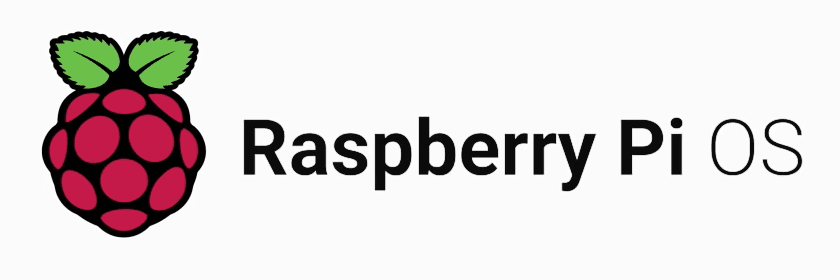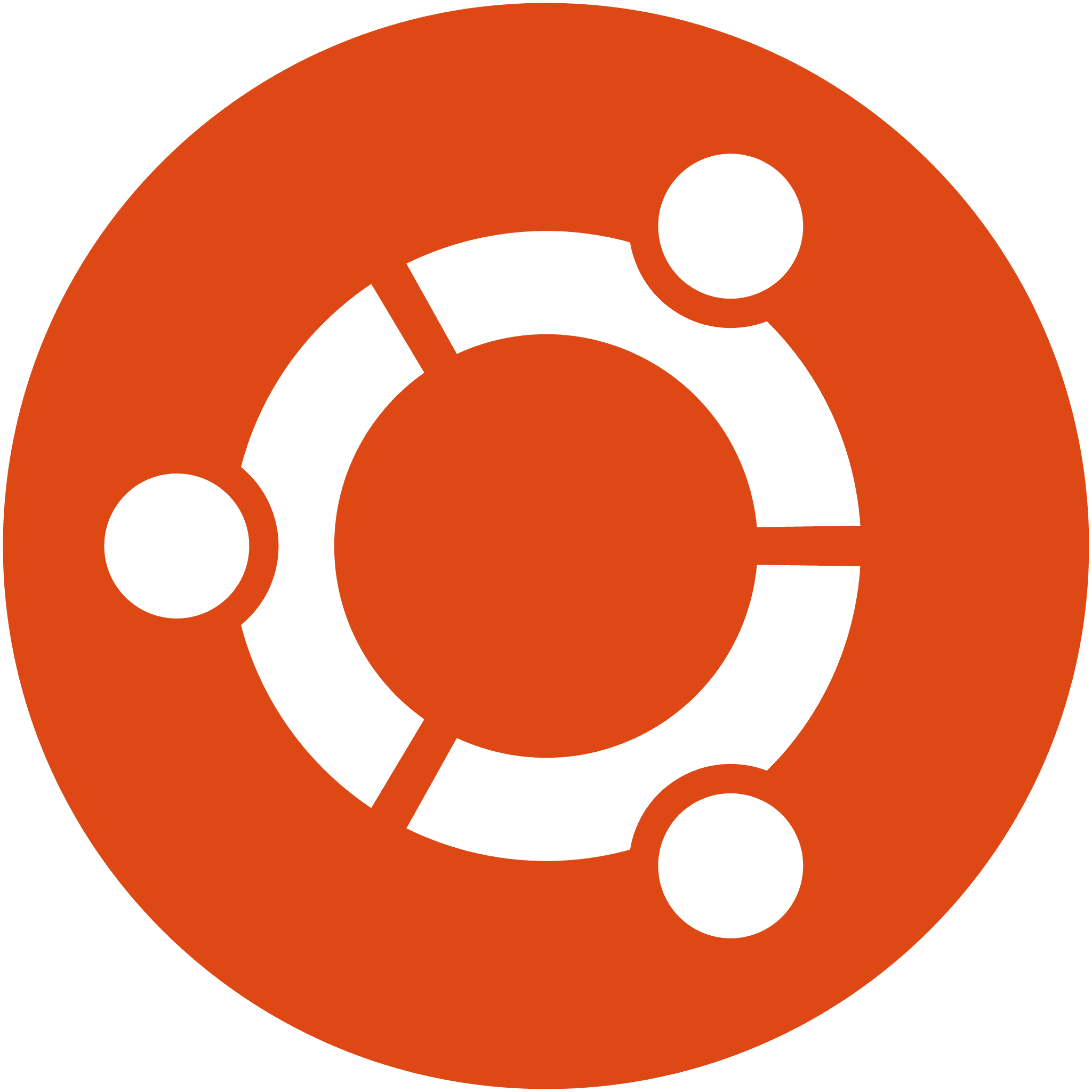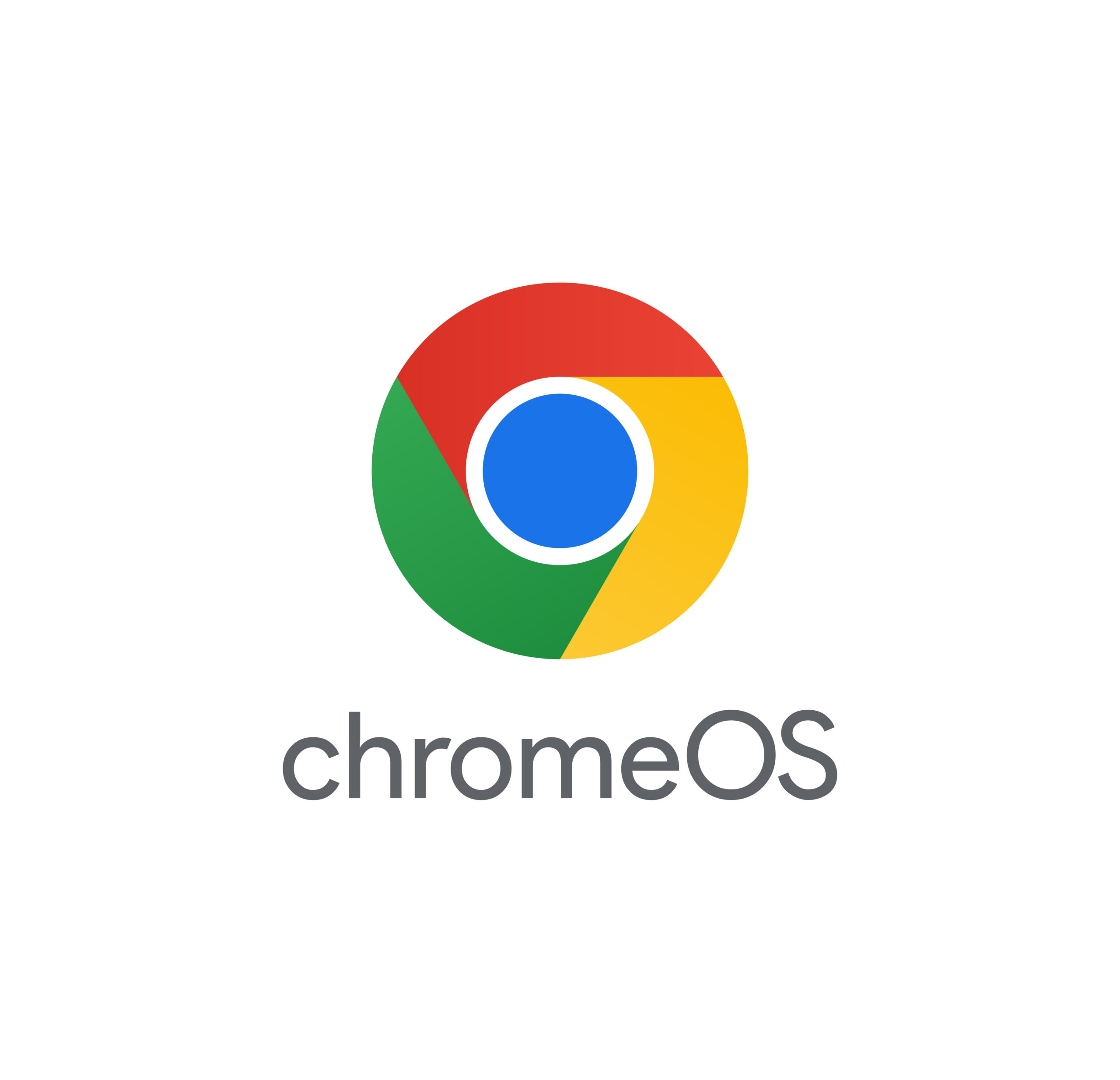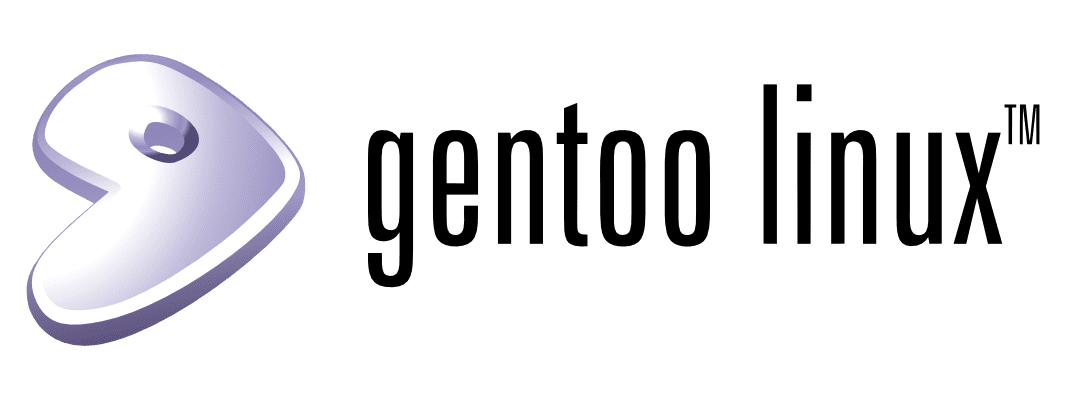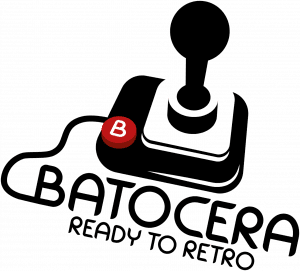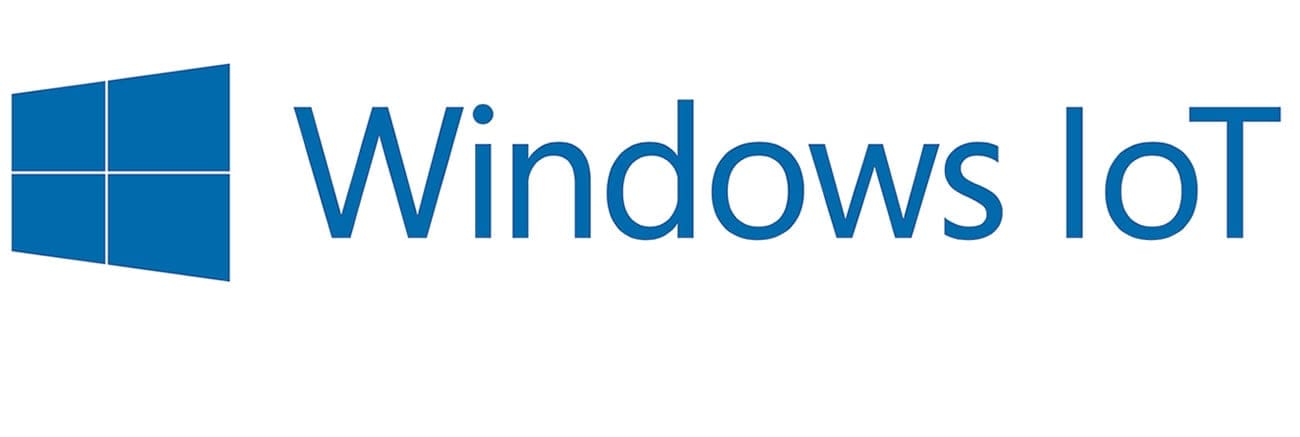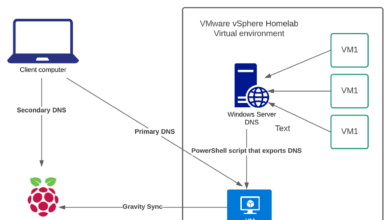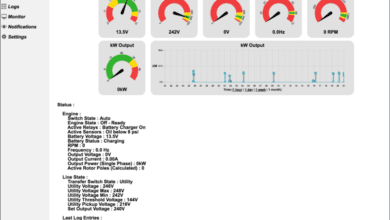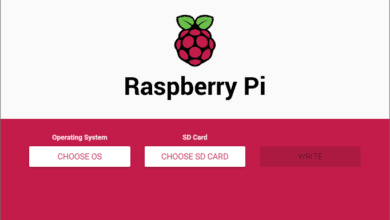Top 20 Best OS for Raspberry Pi in 2024
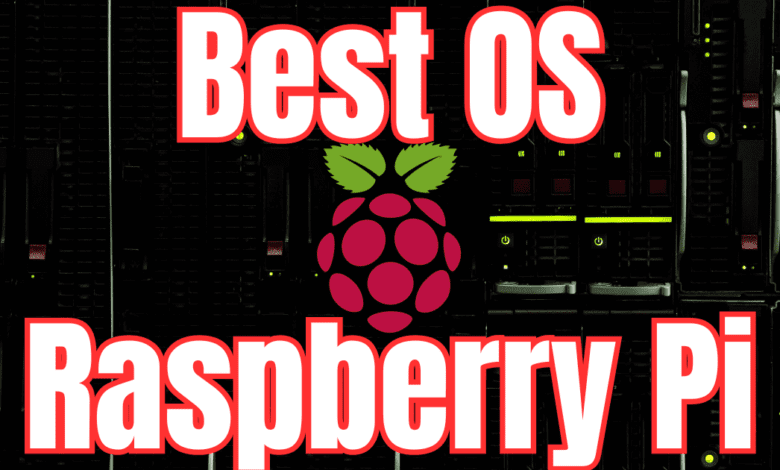
Let’s look at choosing the best OS for Raspberry Pi as many options are available to download outside of the Raspberry Pi OS for your Raspberry Pi boards (Raspberry Pi 4, Raspberry Pi 5, etc). We will consider 20 different OS’s you can install.
Table of contents
- 1. Raspberry Pi OS
- 2. Ubuntu MATE
- 3. Arch Linux
- 4. Ubuntu Desktop
- 5. Ubuntu Server
- 6. Kali Linux
- 7. RISC OS
- 8. Chromium OS
- 9. RetroPie
- 10. Lakka
- 11. LibreELEC
- 12. OSMC
- 13. DietPi
- 14. Manjaro
- 15. Gentoo
- 16. Batocera.linux
- 17. Fedora
- 18. piCore (Tiny Core Linux)
- 19. Slackware ARM
- 20. Windows IoT Core
- Wrapping up the Best OS for Raspberry Pi
1. Raspberry Pi OS
Starting with the official Raspberry Pi OS is a good place to start for most. Many will automatically be familiar with the distro since it is based on Debian Linux. Also, it is purpose-built for Raspberry Pi hardware which makes integration and compatibility strong. You can run the full Raspberry Pi OS (most will) or you can stand up the Raspberry Pi OS Lite instance, which features just a command line.
Pros:
- Officially supported by the Raspberry Pi Foundation
- Seamless integration with Raspberry Pi hardware
- Good for beginners
- Includes a desktop environment and a Lite version
Cons:
- Limited customization compared to other distros
You can learn more about and download it here: Raspberry Pi OS – Raspberry Pi.
2. Ubuntu MATE
Ubuntu Mate is also a popular choice for the platform. It’s built for beginners and works really well for the Raspberry Pi. If you prefer Ubuntu as your OS, it is one of the best OS’es for the Raspberry Pi. Most will find it easy to use, but it is also performant as well. For many, it is a good choice for general use.
Pros:
- Familiar desktop environment
- Modern interface
- Beginner-friendly
- Regular updates
Cons:
- Heavier on resources compared to some lightweight alternatives
Learn more about and download it here: Ubuntu MATE | For a retrospective future (ubuntu-mate.org).
3. Arch Linux
Arch Linux is also a popular choice for the best Raspberry Pi OS. Many advanced users like it who want a lightweight OS with minimalsoftware already installed. It is also good for Raspberry Pi projects. Arch Linux allows you to build the OS according to your specific needs with the mods and customizations that many like to make.
Pros:
- Highly customizable
- Minimalistic and lightweight
- Great for advanced users
Cons:
- Steep learning curve
- Not beginner-friendly
Learn more about and download here: Arch Linux.
4. Ubuntu Desktop
Ubuntu Desktop is another great option for a desktop experience on Raspberry Pi. Ubuntu Desktop has a wide range of applications and software. If you want to use a Raspberry Pi as a full-fledged desktop computer, it is a good option.
Pros:
- Full-fledged desktop experience
- Access to a wide range of software
- Robust community support
Cons:
- Resource-intensive
- Not ideal for older Raspberry Pi models
Learn more about and download here: https://ubuntu.com/download/desktop.
5. Ubuntu Server
Ubuntu Server can be used just about anywhere. I have built a lot of projects myself on top of Ubuntu Server (docker hosts, Kubernetes clusters, etc) and they all work very good on the platform. So far, I haven’t found any projects that didn’t work on Ubuntu Server, unless the project just didn’t work specifically with Debian-based distributions.
If you are using your Raspberry Pi as a server, Ubuntu Server is a really good choice as a Raspberry Pi distro. It is extremely stable and Ubuntu is constantly releasing updates which makes you feel good about security.
Pros:
- Stable and secure
- Great for server applications
- Frequent updates
Cons:
- No graphical interface by default
- Requires familiarity with command-line operations
Learn more about and download here: Get Ubuntu Server | Download | Ubuntu.
6. Kali Linux
If you want to run security-based projects in the home lab or for fun, you most likely have heard about kali Linux. It is I think one of the best operating systems for learning about cybersecurity and getting familiar with the tools available for improving security.
It includes tools for penetration testing and security assessments. For most who are wanting to spin up cybersecurity projects, it is I think the best choice.
Pros:
- Packed with security tools
- Great for ethical hacking and penetration testing
- Strong community support
Cons:
- Resource-heavy
- Not suitable for general use or beginners
Learn more about and download here: Kali Linux | Penetration Testing and Ethical Hacking Linux Distribution.
7. RISC OS
RISC OS is a unique os for Raspberry Pi. It’s suitable for users interested in trying something different. Many use it as a computing environment due to its lightweight nature for specific tasks. Another benefit for Raspberry Pi is it is highly optimized for ARM processors.
Pros:
- Lightweight
- Unique design
- Efficient performance on ARM processors
Cons:
- Different from traditional Linux and Windows environments
- Can be hard to get used to
Learn more about and download here: https://www.riscosopen.org/content/.
8. Chromium OS
Chromium OS is a web-based operating system that many have seen on Chromebooks or other platforms. If you are interested in a web-based operating system that is easy to use, Chromium OS is probably the best platform. It has many features and a fast and streamlined interface.
Pros:
- Lightweight
- Web-centric
- Fast and streamlined interface
Cons:
- Limited offline capabilities
- Fewer desktop applications available
Learn more about and download here: Download Chromium.
9. RetroPie
RetroPie is one of the best known operating systems if you want to turn your Raspberry Pi into a retro gaming console. It actually runs on top of Raspberry Pi OS underneath and is easy to setup. With RetroPie, you can play your favorite games from classic consoles.
Pros:
- Excellent for retro gaming
- Easy setup
- User-friendly interface
Cons:
- Requires ROMs for games, which are not included
Learn more about and download here: RetroPie – Retro-gaming on the Raspberry Pi.
10. Lakka
Following on the heels of RetroPie, Lakka is another great option for turning your Raspberry Pi into a retro gaming console. It is a lightweight OS designed for retro gaming. Many use it to play retro games with a great gaming experience.
Pros:
- Lightweight OS for retro gaming
- Supports a wide range of classic games
- Easy to set up
Cons:
- Limited to gaming applications
- May not be suitable for other tasks
Learn more about and download here: Lakka – The DIY open source retrogaming emulation console.
11. LibreELEC
For those that are looking more at a media center type solution, you can load LibreELEC. It is a minimalistic Linux-based OS optimized for running Kodi. Kodi is a media center software that many find perfect for creating a home theatre PC with their Raspberry Pi.
Pros:
- Optimized for Kodi
- Minimalistic and lightweight
- Efficient for media playback
Cons:
- Limited to media center use
- Not versatile for other applications
Learn more about and download here: LibreELEC.
12. OSMC
Another media center solution is OSMC (Open Source Media Center). It provides a really good OS for home theatre PCs. The interface is user-friendly, and it supports many media formats. These features make it a great platform for managing and playing your media files.
Pros:
- Easy to use
- Supports 4K video
- Integrates well with Kodi
Cons:
- Limited to media center functionalities
- Heavier than LibreELEC
Learn more about and download here: Download – OSMC.
13. DietPi
DietPi is a Linux distribution I have written about in the past. You can read my blog post covering DietPi here: DietPi: Tiny OS for Home Server Self-hosting. It is a lightweight and highly customizable OS that makes it easy to turn your Raspberry Pi into many different kinds of solutions. It’s ideal for users who need an efficient operating system minimal resources needed but who want to be able to install software for self-hosting easily.
Pros:
- Extremely lightweight
- Highly customizable
- Easy to set up
Cons:
- Minimal default packages
- It may require more setup for specific use cases
Learn more about and download here: DietPi – Lightweight justice for your SBC!.
14. Manjaro
Manjaro is a Linux distribution based on Arch Linux. It offers an easy installation process and robust features. Many love Manjaro as a Linux platform and it also makes a great choice for Raspberry Pi users.
Pros:
- User-friendly
- Lightweight
- Supports many applications
- Good community support
Cons:
- May require some configuration for optimal use on Raspberry Pi
Learn more about and download here: Manjaro.
15. Gentoo
You may have also heard about Gentoo. It is a highly customizable Linux distribution that many find perfect to optimize their Raspberry Pi OS for specific tasks. It provides complete control over the installation and configuration process.
Pros:
- Highly customizable
- Optimized for performance
- Great for advanced users
Cons:
- Complicated installation and setup
- Not beginner-friendly
Learn more about and download here: Welcome – Gentoo Linux.
16. Batocera.linux
Batocera.linux is aother specialized Linux distribution that focuses in on retro gaming. It’s designed to provide the best retro gaming experience on your Raspberry Pi. It also supports a wide range of classic gaming consoles and platforms.
Pros:
- Specialized for retro gaming
- Supports a wide range of consoles
- Easy to set up
Cons:
- Focused on gaming
- May not be good for other tasks
Learn more about and download here: batocera.linux.
17. Fedora
Fedora provides a great Linux experience on Raspberry Pi. It’s suitable for users that want the latest Linux features with their Raspberry Pi device. Many already know and love Fedora. So, it makes for a natural option for installation on your Raspberry Pi.
Pros:
- Stable and secure
- Supports a wide range of software
- Regular updates
Cons:
- Can be resource-intensive
- May require more tweaking and setup for an optimal performance on Raspberry Pi
Learn more about and download here: Fedora Linux | The Fedora Project.
18. piCore (Tiny Core Linux)
piCore is a port of the Tiny Core Linux distribution to the Raspberry Pi. It’s extremely lightweight and runs entirely in RAM. As you can imagine, with it running in RAM it is an extremely fast and efficient operating system.
Pros:
- Extremely lightweight
- Runs entirely on RAM
- Very customizable
Cons:
- Minimalistic
- Requires manual setup for most applications
19. Slackware ARM
Slackware ARM is a long-standing Linux distribution known for stability. It’s a good choice for users who want a reliable and highly customizable operating system for their Raspberry Pi.
Pros:
- It has been around a while and it is stable
- Highly customizable
- Good for experienced users
Cons:
- May be a steep learning curve for some
- Manual setup required
Learn more about and download here: Slackware ARM / AArch64.
20. Windows IoT Core
We had to get a Windows variant into the list. Windows IoT Core OS is a version of Windows designed for IoT projects, which many developers are tasked with creating today. Microsoft has made easy integration with Windows IoT Core with Visual Studio. This, again, helps with easier development.
Pros:
- Supports Windows applications
- Great for IoT projects
- Integrates with Visual Studio
Cons:
- Limited to IoT use cases
- Not a full desktop OS
Learn more about it and download it here: Windows for IoT | Microsoft Developer.
Wrapping up the Best OS for Raspberry Pi
There are so many great operating systems for Raspberry Pi you can download. These range from Linux ARM in the Linux world, and even Windows IoT for ARM. The Raspberry Pi is such a fun platform that you can do so much with in making, server projects, self-hosting, and other use cases. If you are into retro gaming it is a great platform for that. Also, using something like DietPi can quickly turn your Raspberry Pi into a swiss army knife where you can load just about anything you can think of project-wise that you have heard about. You can even run a Kubernetes cluster.


